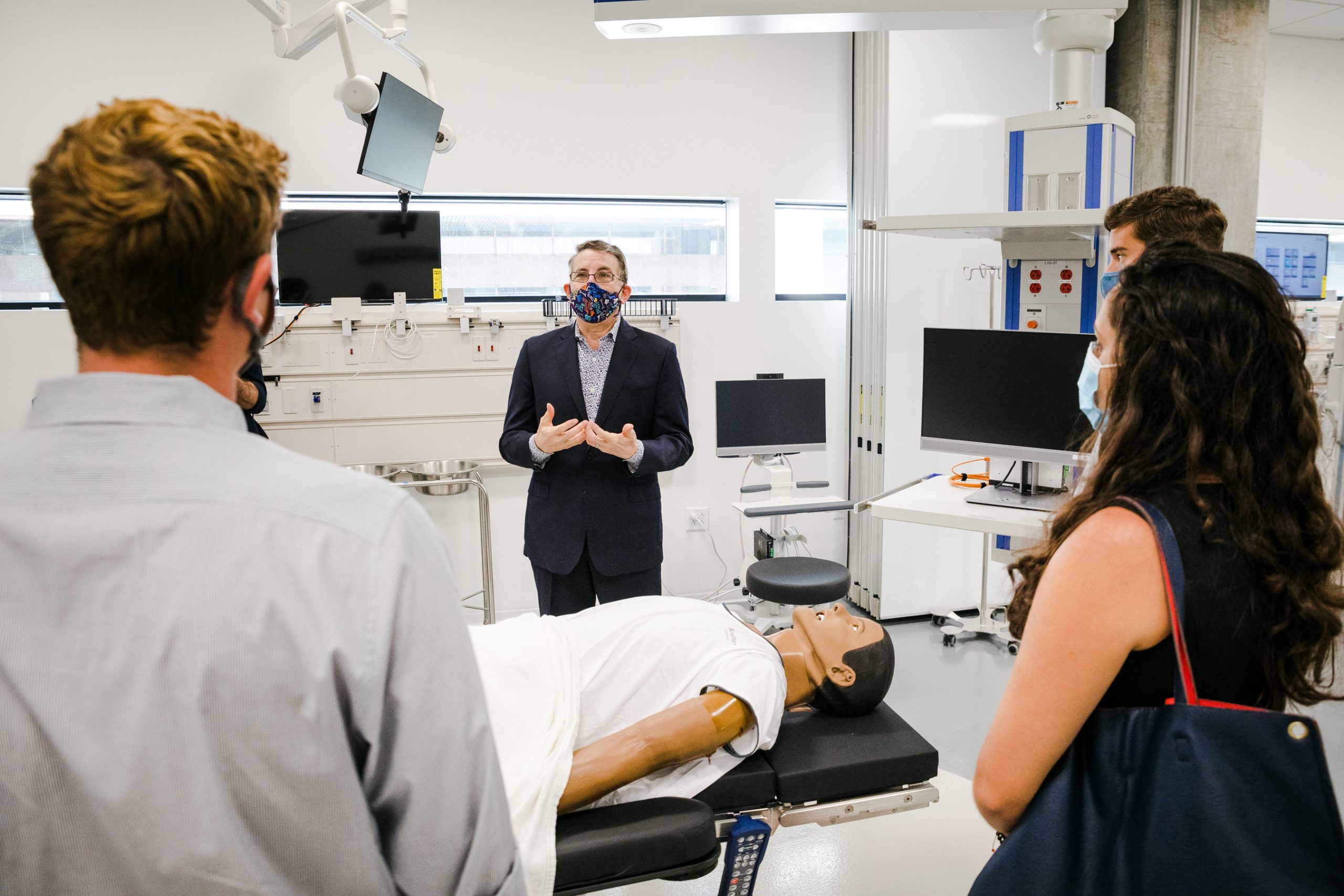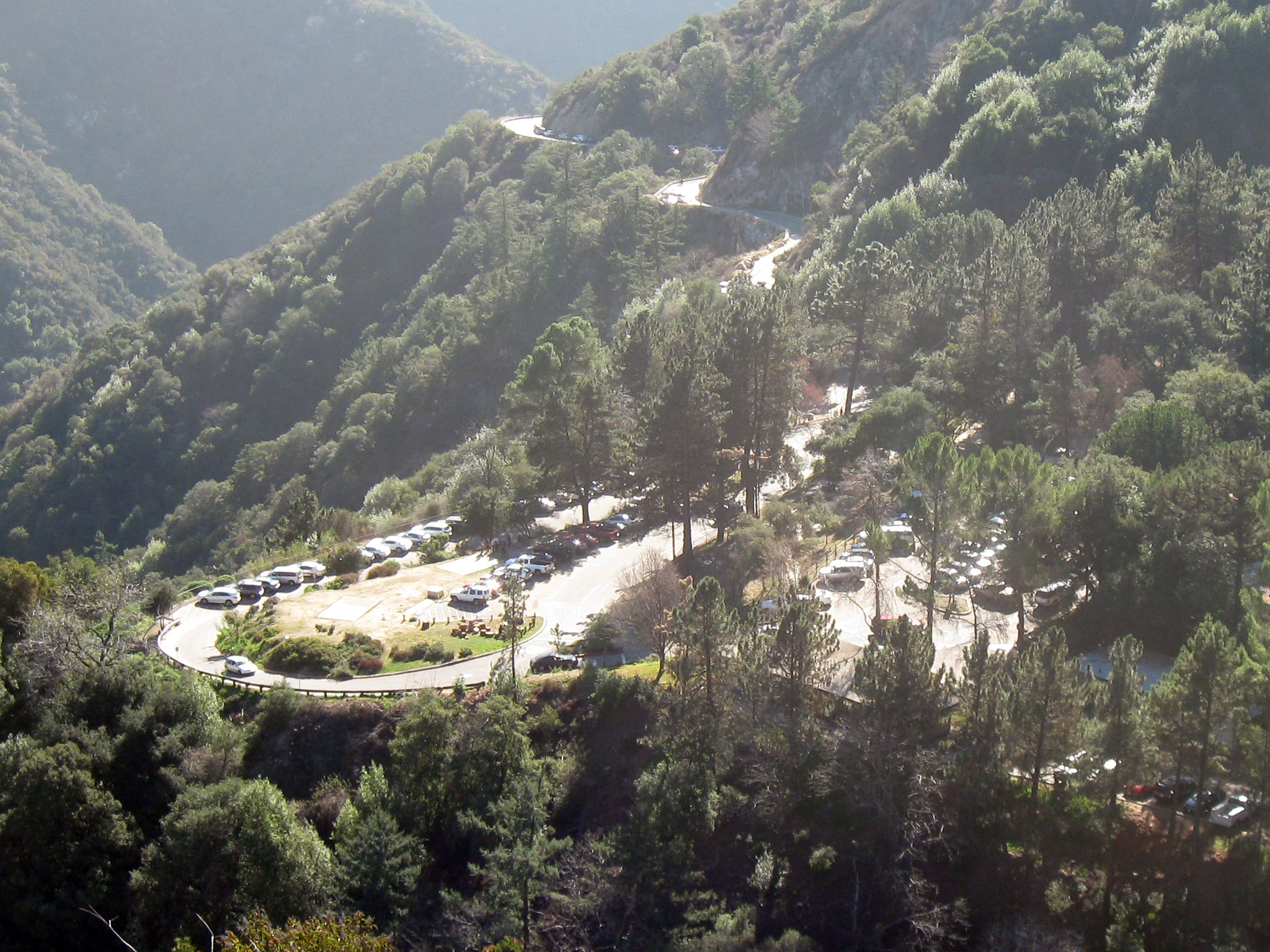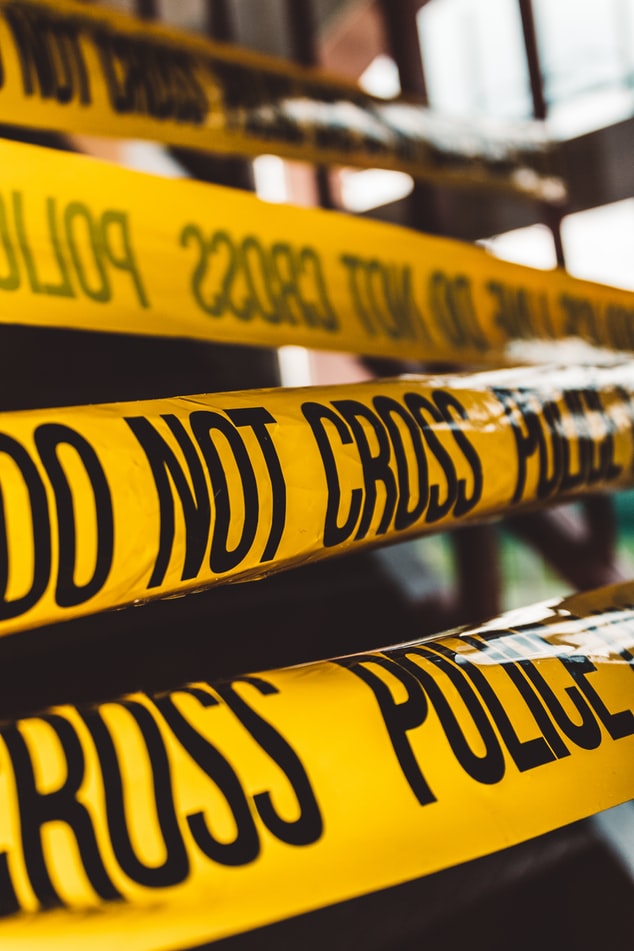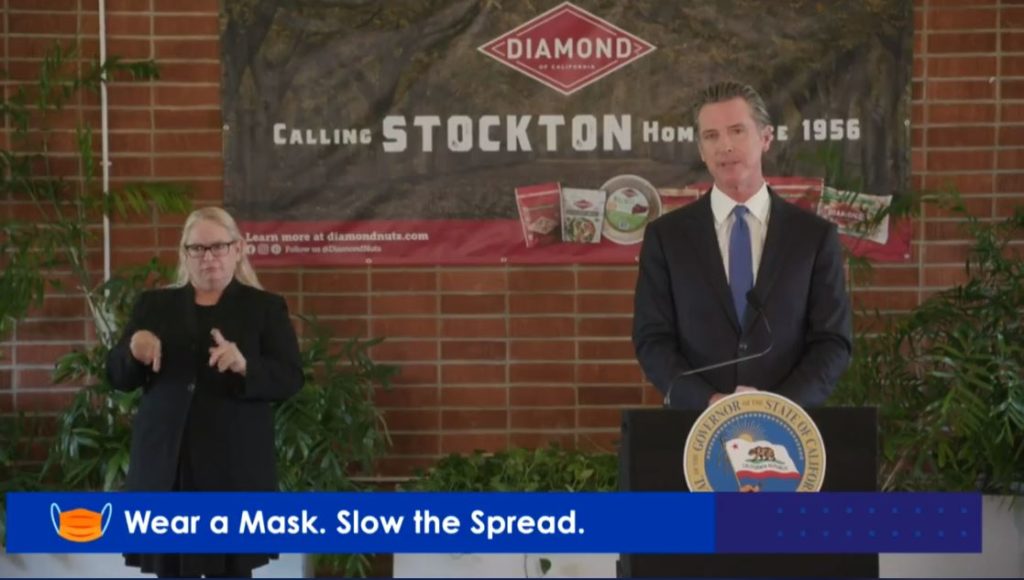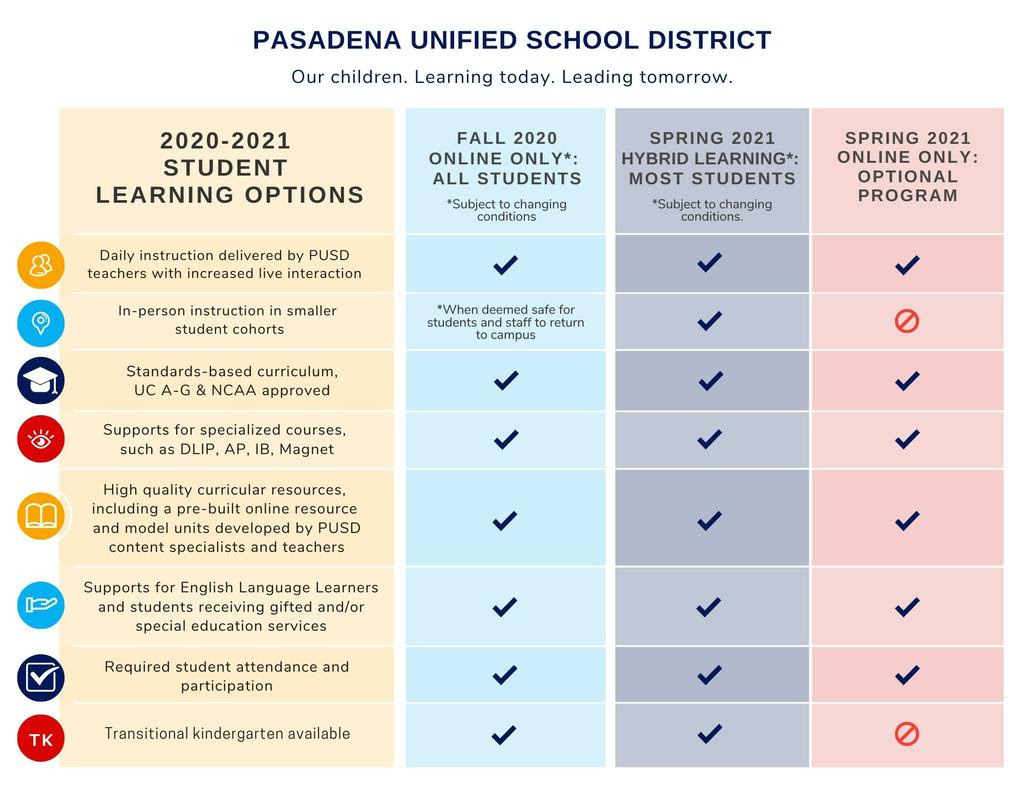
The Kaiser Permanente Bernard J. Tyson School of Medicine welcomed its inaugural class of 50 students as they commence their medical journey “focused on becoming clinicians and advocates for change within the medical profession and in society,” according to a press release sent out to local media Monday.
Opening a school of medicine can be a daunting experience at the best of times but as Dr. Abbas Hyderi, senior associate dean for medical education says, opening during a pandemic added a whole new set of challenges for the faculty and staff as well as the medical students themselves.
As a direct result, the school will integrate COVID-19 into its case-based curriculum by examining the biology of the virus itself, addressing clinical implications of COVID-19 as it presents, and integrating it into the context of racial and ethnic disparities, public health surveillance, vaccine development and delivery, and the impact of the economy on health.
The impressive, elaborate building on the southeast corner of Green and Los Robles features the permanent installation of “Bridge (Science of Speed)” in the atrium by Los Angeles conceptual artist Glenn Kaino. The piece was created in collaboration with former Olympian Tommie Smith, one of the two sprinters who raised a black-gloved fist on the medal podium at the 1968 Mexico City Olympics in non-violent protest against oppression.
The expansive, undulating Bridge has been exhibited at the High Museum in Atlanta, the San Jose Museum of Art as well as in Chicago and Washington D.C. Its permanent site-specific placement of 90 arms at the medical school in Pasadena “will serve as an image of continuity between Smith’s protest and the present of Black Lives Matter and the renewed discussion on race in America,” according to another release sent out by Kaiser via PRNewswire on July 20.

The new school offers high ceilings, a lot of natural light, unique art in the lobby along with exceptionally high tech training/simulation rooms for OBGYN and OR facilities where the students can attend to “patients” which can be activated robotically to simulate a lifelike response.
“All of us at the school are excited to welcome 50 phenomenal students who are compassionate, mission-driven, collaborative, and very smart and are poised to become the next generation of leaders in medicine,” said Mark Schuster, founding dean and chief executive officer of the Kaiser Permanente Bernard J. Tyson School of Medicine. “As our nation grapples with a devastating pandemic, long overdue attention to social injustice, and entrenched disparities in health and health care, we are excited to train students who will become outstanding clinicians and skilled advocates for patients and communities. I am thrilled about our incoming class as well as the faculty and staff who have come together to participate in their education.”
The school’s curriculum is built on the three pillars of biomedical science, clinical science and health systems science. Students will learn in an environment that reflects the changing demographics of America and the multi-faceted health care issues facing society. The school has woven equity, inclusion, and diversity into all aspects of its design. Student well-being is built into the school’s fiber with a dedicated course focused on supporting well-being and building resilience skills; sessions with a clinical psychologist; and robust academic support. This is all accomplished in a variety of settings, from the technology-enhanced classrooms in its new education building, to clinical settings that span in scale from large hospitals and outpatient facilities to community-based, federally qualified health centers.
Plans for the school began more than a decade ago, and formal development was put in motion by the Kaiser Foundation Health Plan, Inc. and Kaiser Foundation Hospitals Boards of Directors in 2015. The school’s Board of Directors was first convened in September 2016. After former Chairman and CEO Bernard J. Tyson unexpectedly passed away in November 2019, the school’s board renamed the school after Tyson to honor his commitment to the school and his work on behalf of health equity and the health of communities.
Last year, the school announced full tuition waivers for its first five classes entering 2020 through 2024, for all four years of their education. In the school’s final lead-up to opening, the COVID-19 pandemic prompted the school to adapt to the new environment. These included the need to recruit the first class of admitted students virtually, refine the curriculum to support a hybrid approach, with some parts taught in person, following public health guidelines such as distancing and masking, and other parts taught virtually, and implement strict health, safety, and facility cleaning standards. The school will integrate COVID-19 into its case-based curriculum by examining the biology of the virus itself, addressing clinical implications of COVID-19 as it presents, and integrating it into the context of racial and ethnic disparities, public health surveillance, vaccine development and delivery, and the impact of the economy on health.
Prospective students for the school’s second class can submit their primary application by Oct. 1, 2020. For more information, visit the school’s admissions web page at medschool.kp.org/admissions.

